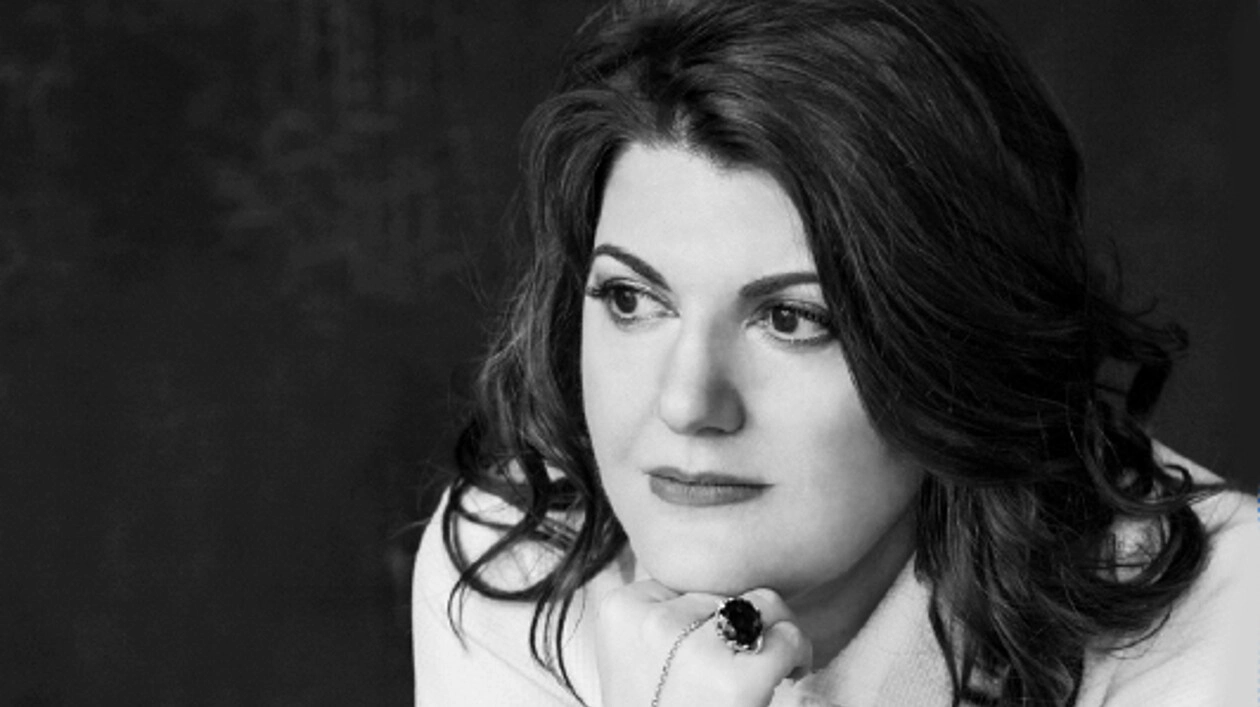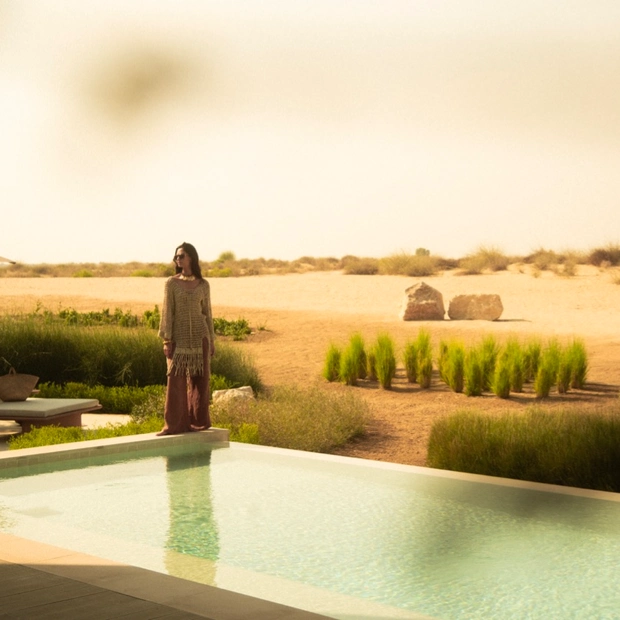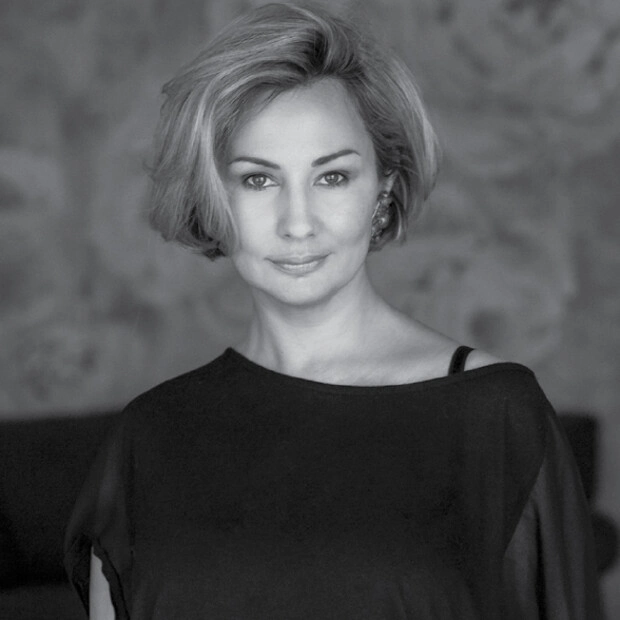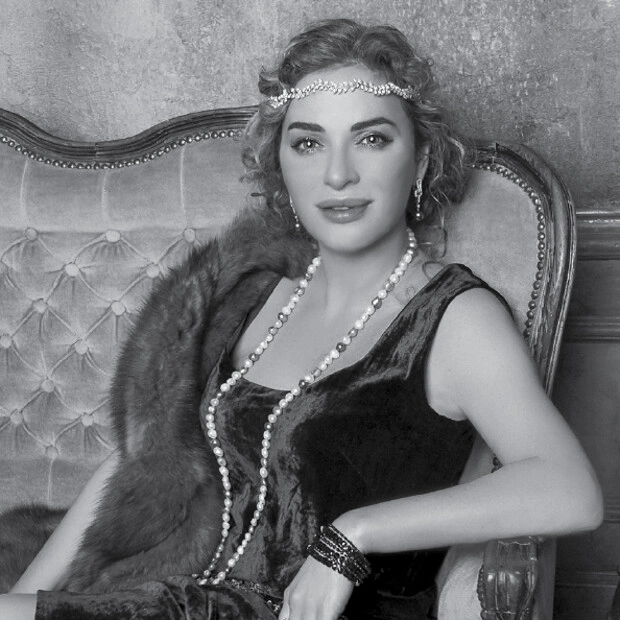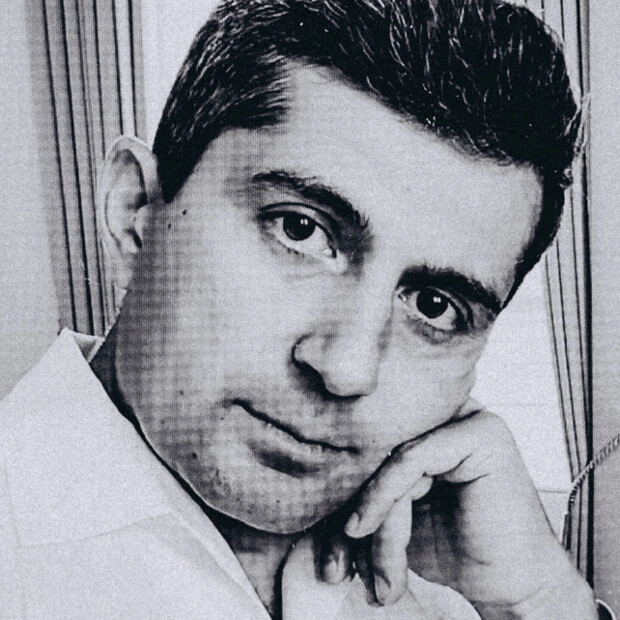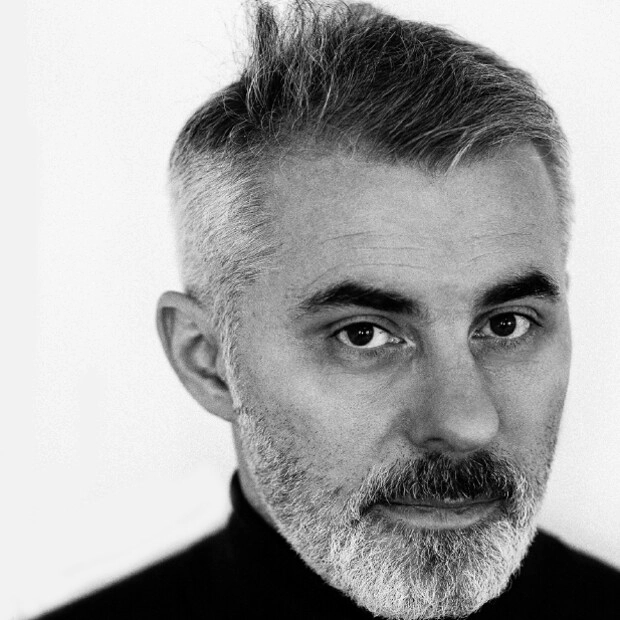It would be pointless to pretend that money has nothing to do with convenience, a certain degree of freedom, safety and a higher quality of life. But sometimes while looking into the depth of centuries and feeling complete, one rises above the daily life. There are things beyond money and the material: precious memories, a ray of sunlight, mountain springs in the summer heat, a beautiful fairytale about ones ancestors' love — our columnist, director of AVRORACLINIC, Liana Davidyan recalls.
Some travellers were moving to the south of the Persian Empire leaving the northern highlands. The trade routes between Europe and India crossed Persia, and many countries tried to conquer it. Until the middle of the 16th Century it was risky to travel alone. Travellers joined trade caravans that were moving slowly and methodically and if nothing untoward happened they reached the destination safe and sound. A handsome young man was travelling on one such a caravan from the Kachin Principality of Artsakh, now Nagorno-Karabakh, locating at the heart of Armenia after the 11th century when it lost its centralized statehood. His graceful face with noble features and usually piercing Armenian eyes was pensive. Being born in a noble and respected Karabakh family, he was charged with an important assignment in the capital of the Empire, Qazvin, under the Safavid dynasty.
The city used to live on the blossom heyday times, trade used to be active and endless flows of caravans of mules carrying heavy bales of goods. History hasn't recorded what branch of trade he was to accomplish and the caravan's guide, a small burly man with fast movements and the same alert eyes had noticed him frequently making reassuring touches on a letter's upper border within his pocket. The young man's face darkened with thought fulness as if thinking of what would be ahead. Reading his thoughts, it was as if he felt that he must not let his relatives down and the trade was intended to have the best result.
The guide and his caravan were well known on the road. People waited for it being happy to see it coming. Merchants were glad to have their goods and women their long-awaited letters. Weary travellers knew he would never refuse to take them along to the capital or somewhere else along the way. Being a devout man, the caravan's guide was known by his kindness and in all of the places where people knew him he was warmly greeted. The day seemed to have just begun but the sun had already filled the sky with its burning heat. The young man being immured from the light was looking around him pictures worthy Saroyan's brush. The light turned into different colours and in trembling heat of the air mountains seemed to be the amber-yellow. Palaces and vines twisted in a cool emerald alcove attracting by its shadow. Travellers made up their minds having a rest in the vine shaded village and each of them followed his own routine after settling the hour of departure.
The village was set in a ravine and seven mountain springs watered the vine roots. He went to one and after the heat of arid lands he felt as if he were in a world of magic dreams with the star from the last night lake reflection fallen down to the earth on which he stood.
A girl carrying a filled pitcher moved from the spring and in his eyes, she shimmered in an aura of beauty. As tradition dictates, he asked for a drink and got to know her before leaving and asked her to wait for his return. He thought if she said yes, the deal would be successful, with goods and heavy oriental perfumes from Isfahan and silk for our wedding ceremony. Luck followed him and with the deal done he returned to his parents and asked for their permission then hurried to his love and yes, she had waited. They married, lived for many years in a happy marriage, she gave birth to five sons — a new branch of their family and every generation multiplied respected by compatriots and wealth gained.
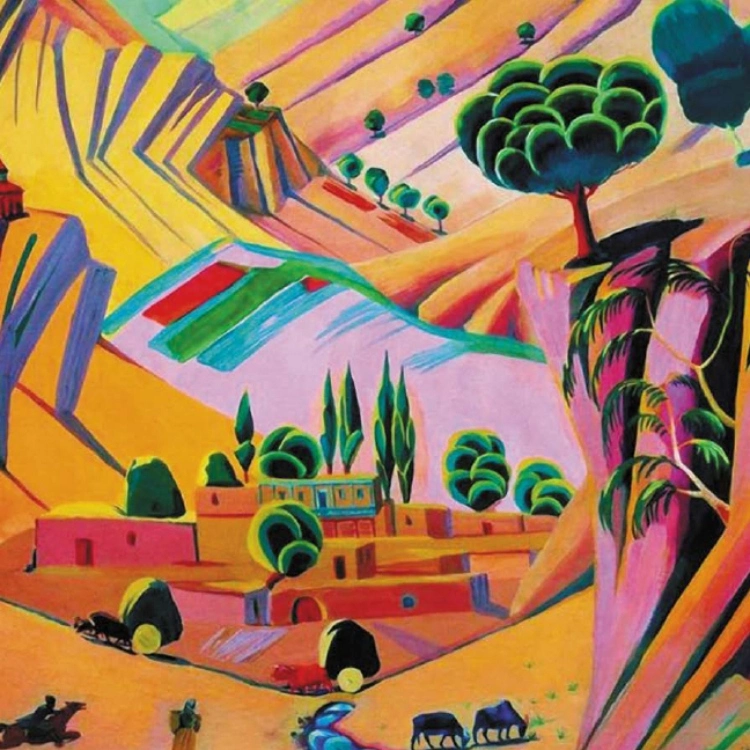
Menkul Khan, Genghis Khan, Gulavuni and other conquerors roared through Armenian lands like thunder and then left as receding in calming waves. The Armenians stayed and grew the rich lands with love and diligence until the 20th century came and showed to people it's unpleasant new face. Our young man's descendants experienced tribulation and loss. One brother, a student at Moscow Lazarevskaya Seminarian was killed on his way home for vacation. Then another, a colonel of Czar's army, who in the first days of the 1917 revolution disappeared. With the Bolsheviks, life changed forever. From substantial wealth all that remained was a single house, a piece of land in the poorest part of ravine and the ancestral mausoleum built close to the Church's main entrance. Some said there was gold and jewelry with gems from Isfahan. Who knows, but they may have saved some of our ancestors' lives in exchange in wild dark years.
The younger and remaining brother had five daughters, three daughters-in-law and several grand-daughters by the time of my birth and I am the daughter of his tenth youngest son. That is why although I have inherited not a single piece of jewelry but the most pre-cious heritage — the divine story, reflection of the past, the memory of that blessed meeting near to the spring and understanding of the money's transient value. And nothing is beyond spiritual things, love, life, tradition, the feeling of being part of an ancient and beautiful nation.
